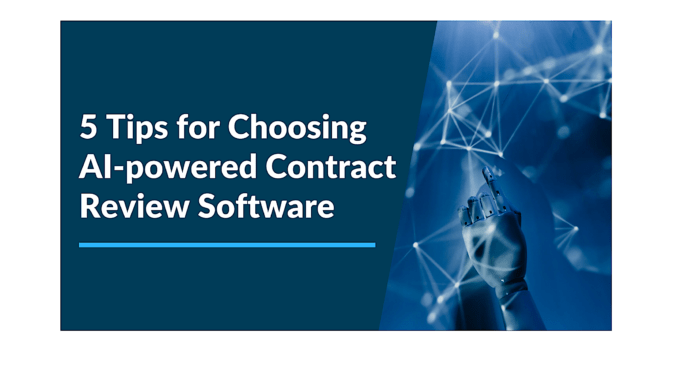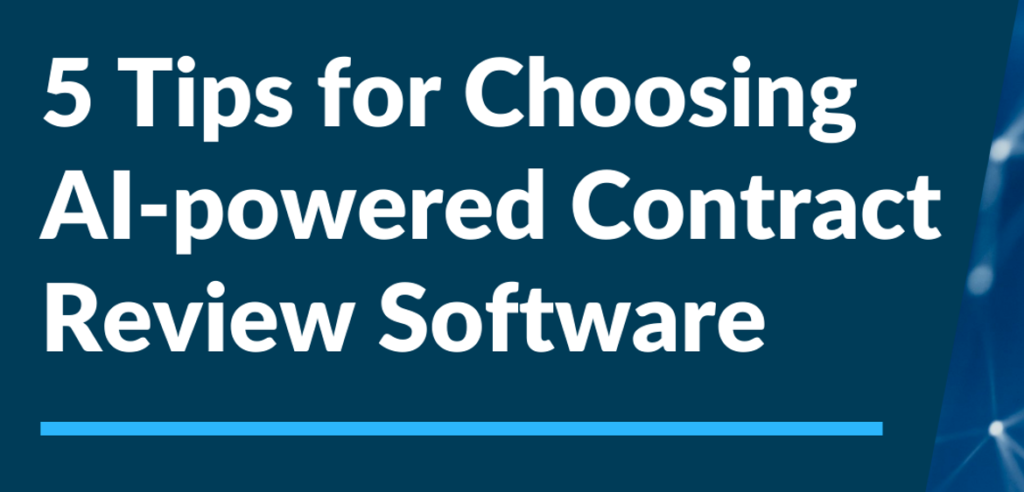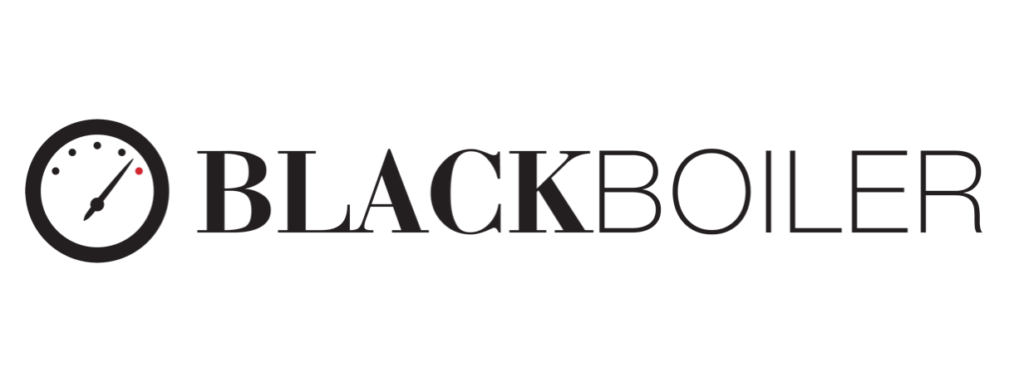
By Dan Broderick, CEO, BlackBoiler
Choosing the right contract review software can be a daunting task. While artificial intelligence has made tremendous strides, it has also resulted in a dizzying number of AI tools in the market. Several AI solutions have emerged in the contract review space to solve some of the most significant issues that law firms and corporate legal departments face.
The proliferation of AI tools and technologies is not limited to the legal industry. Across a range of sectors, business experts are recognizing the transformative potential of AI and are integrating it into their operations to stay ahead of the curve. From finance to healthcare, AI is being used to automate routine tasks, improve decision-making, and enhance the customer experience. However, as the number of AI solutions continues to grow, businesses must be strategic in selecting the right tools and technologies to meet their unique needs.
In just a few years, the space has grown from basic AI legal tools that simply compare a contract to a client’s standard language, to more advanced technologies that edit contracts like a lawyer and can automate as much as 70% of human review time.
With so many options, how do buyers know which is the right contract review tool to solve their problems? What red flags should lawyers and legal ops managers watch out for when researching and talking to vendors? Here are five tips for choosing the right AI-powered contract review software that will help you avoid making the wrong purchasing decision.
1. Focus on vendors that want to solve your problem
As with any technology purchase, some vendors are more interested in selling their product, rather than helping you find the right solution for your needs. You should always be leery of any vendor that doesn’t take the time to talk with you in detail about your challenges and goals from the outset.
So, it is of the utmost importance that you pay attention to whether a vendor is listening to you. Is the vendor asking detailed questions about the problem you are trying to solve prior to a demo? If a vendor immediately jumps in with a demo before engaging in a real dialogue, they are not the right vendor for you. Vendors should ask questions about your current process and get a solid understanding of how you review contracts – from the minute your organization gets a contract all the way through to its execution.
However, that is just the first step. Even when vendors are willing to work with you to understand and address your specific challenges, that doesn’t mean their software is the right fit for your organization. Their technology just may not be aligned with your needs. If the vendor’s approach doesn’t fit your own, it’s likely not the right tool for you.
2. Avoid vendors that don’t let you interact with the tools
The first time you see a vendor’s product, it’s likely going to be a canned demo to show you the basics of its features and functionality. However, in order to really understand if it’s the right tool for you, you need to test the system with your own real-world data.
If a vendor only lets you “see” the tool rather than use it with your own data, this is another red flag. Canned demos won’t give you real insights into how the software will interact with your specific edits and processes, your people, and your partners. Ask to conduct a POC with the vendor using your contract data. This will provide a first-hand and real-time look into how their product will perform and what real results can be achieved.
A POC should reflect your real-world contract review and markup process as closely as possible; it should not be conducted in a controlled environment that the vendor can dictate which test contracts you upload to test the technology, as it allows the vendor to predict the results.
3. Understand what you are buying when it comes to human interaction
If you are looking to leverage all the advantages of an AI-driven approach, you want to make sure the vendor offers the type of support you expect. You need to ask whether the software is fully automated or if the vendor side includes a human component in the review process. While you should specifically ask, an easy way of knowing this is to see if a contract review takes minutes or hours. When the process is 100% based on AI, the results are available much more quickly than when humans play a role.
You may want human interaction on the vendor side. If a human is involved, there are additional things to consider, such as privacy concerns, subject matter expertise, and how the process fits into your overall strategy. Finding a technology vendor that partners with process specialists and proven subject matter experts will yield superior results.
4. Ensure you are able to easily measure ROI
To determine if the product is meeting your goals and solving your problems you need to be able to demonstrate ROI via pre-determined metrics. The software should include a dashboard that highlights the metrics that allow you to quantify efficiency gains. Analytics you should be tracking include improved review time, cycle time, and cost throughout the life of the contract.
5. Look for vendors that have built their own tools
You want to work with vendors who own all of their own technology and aren’t repurposing technology that has been built by others. Vendors who haven’t built and don’t own their own technology don’t have complete control of it and can’t always tailor it to meet your needs. That means the product may not be able to be customized or grow to meet your changing needs.

Time and Effort Pays Off
When it comes to AI that is customized to your organization, every vendor or product will require work on your end. Since AI gets smarter with use, you have to make sure you are “teaching” it thoroughly. You will need to expend effort and time for it to learn your playbook, workflows and other aspects that are critical to the success of the contract review process. You will have to upload information into the production environment and provide feedback, so the AI knows what to look for. And then you must review a certain percentage of contracts manually to make sure the AI is working properly.
If you put in all this work and don’t get optimal results immediately, that doesn’t mean you have chosen the wrong product or vendor. It means you need to give the system more time and put in more effort. However, if you have done all the work over a significant length of time and aren’t seeing results with the metrics you are tracking, you need to reevaluate.
That’s why choosing the right partners is crucial. By following these five steps, you can position yourself to purchase the best products for your needs. Once you’ve done all the background work and have all of these pieces in place, your organization will begin to realize the benefit of using AI to review your contracts more quickly and with greater consistency, giving you the results you are looking for.

[ Artificial Lawyer is proud to bring you this sponsored thought leadership article by BlackBoiler.]